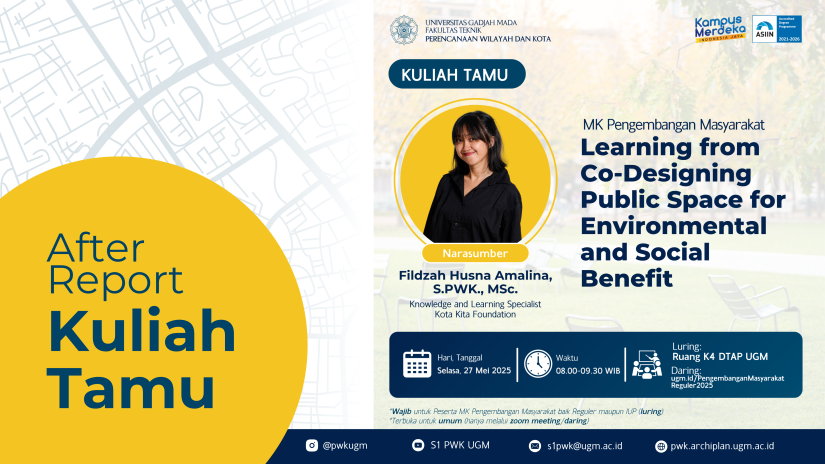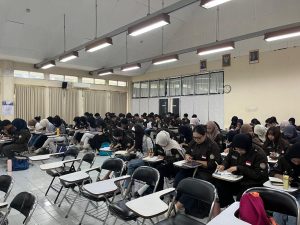
Yogyakarta, May 27, 2025 – The Undergraduate Program in Urban and Regional Planning at Universitas Gadjah Mada held another guest lecture on May 27, 2025, with the topic “Learning from Co-Designing Public Space for Environmental and Social Benefit.” The lecture was delivered in a hybrid format and was open to the general public.
This session featured Fildzah Husna Amalina, S.PWK., M.Sc., a Knowledge and Learning Specialist at Kota Kita Foundation, as the speaker.
The speaker emphasized the vital role of community influence in shaping cities, particularly through community-based organizations. Kota Kita Foundation is one such example.
Collaboration with communities in shaping the city is crucial to better understand their actual needs. Unmet and inadequate public needs are a central focus in urban development efforts.
Currently, urban challenges are deeply interconnected. Rapid urbanization exacerbates the impacts of the climate crisis. Public spaces are increasingly needed as both community assets and environmental resources. However, rapid urbanization often overlooks the equitable distribution of facilities and infrastructure in both quality and quantity. Additionally, profit-driven development frequently marginalizes and neglects vulnerable groups. Limited resources at the local government level also contribute to the lack of inclusivity in public space provision.
As a response, the concept of CCD (Community-Centered Design) has emerged, focusing on bottom-up community aspirations. This approach ensures that the resulting solutions benefit communities rather than merely serving formal sectoral interests. NGOs, practitioners, and academics work together to facilitate communities in bridging gaps in inclusive public space provision through CCD.
Important notes in implementing CCD include challenges such as funding sustainability, gaps within governmental programs, and varying community capacities.
A compelling concluding statement from the lecture was:
“Community-centric design is not just a spatial practice, it’s about creating a room for redistributing environmental and social benefit, building inclusive cities, and advancing community development through empowered participation.”
This guest lecture aligns with several Sustainable Development Goals (SDGs), including:
SDG 10 (Reduced Inequalities),
SDG 11 (Sustainable Cities and Communities),
SDG 13 (Climate Action),
SDG 16 (Peace, Justice and Strong Institutions), and
SDG 17 (Partnerships for the Goals).

